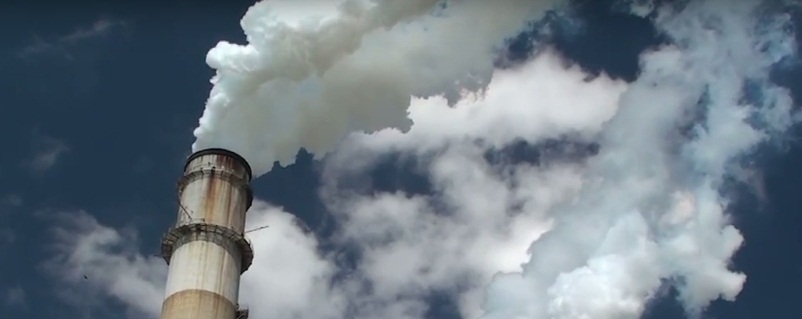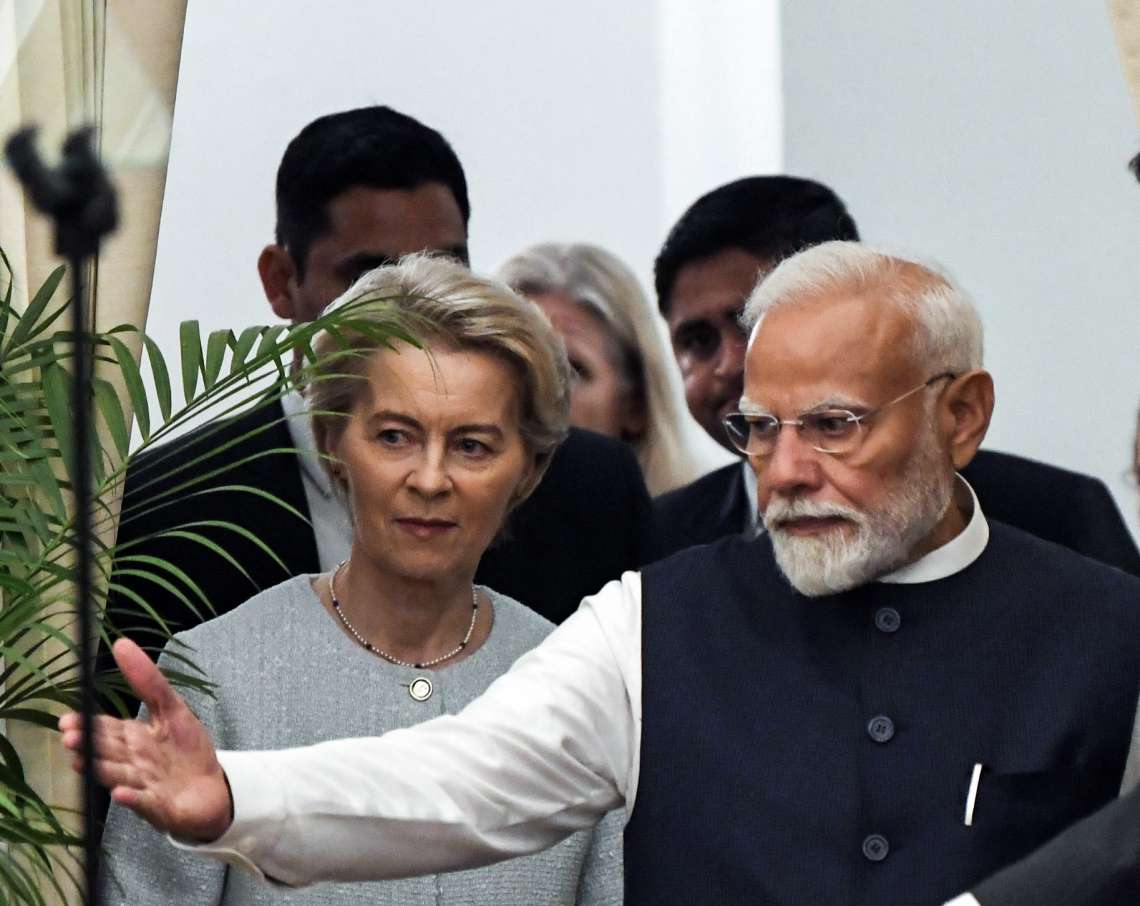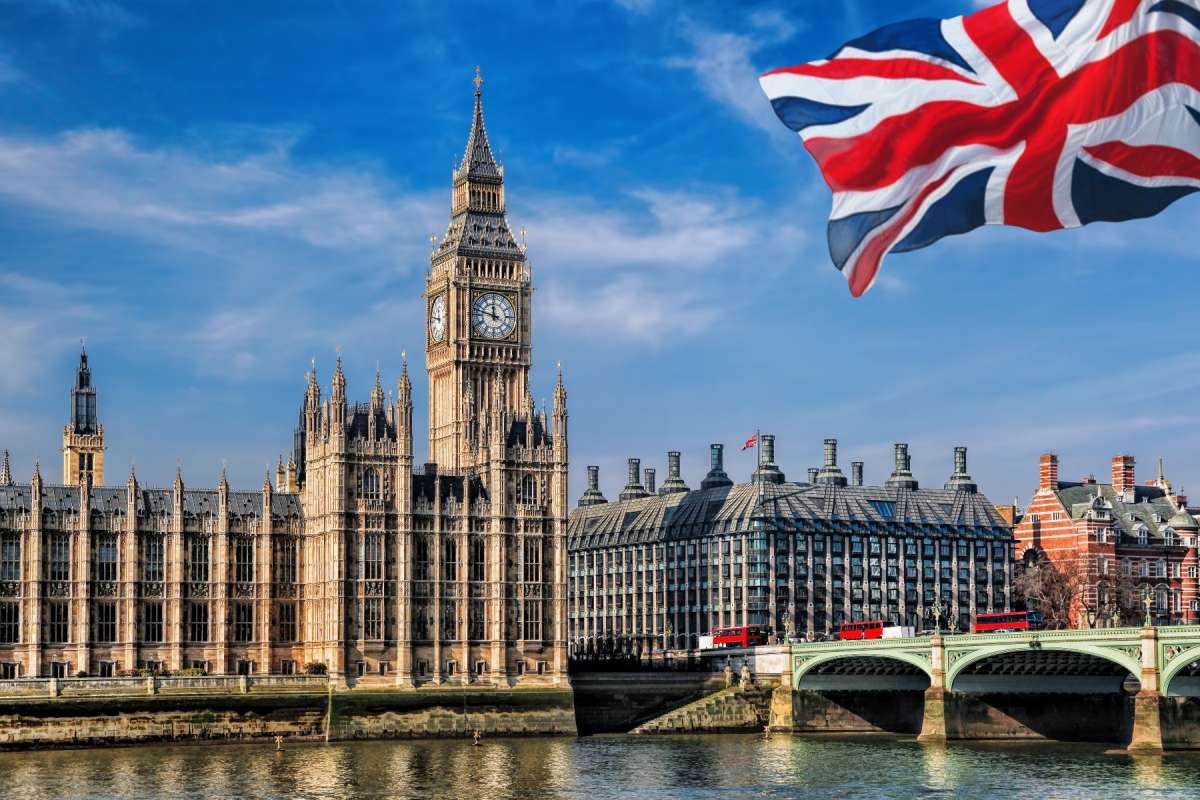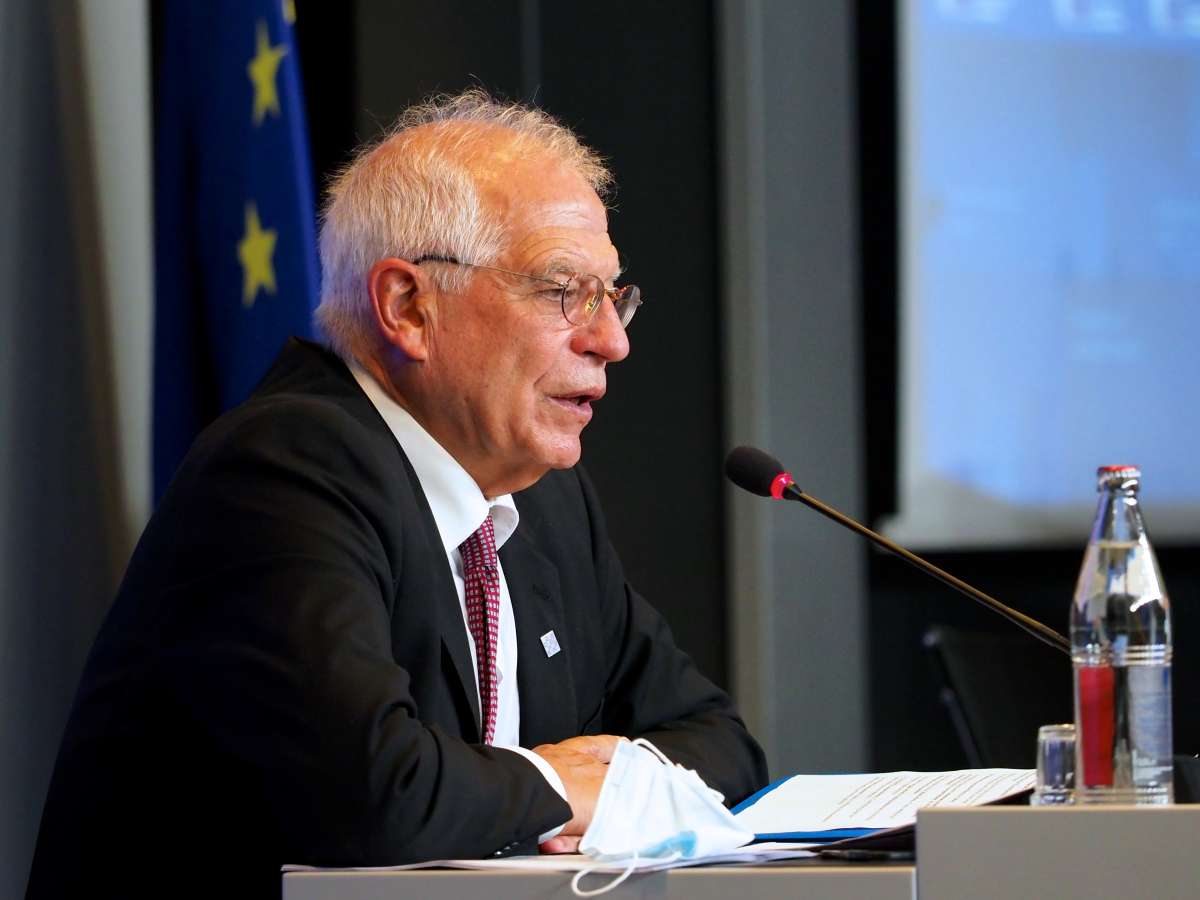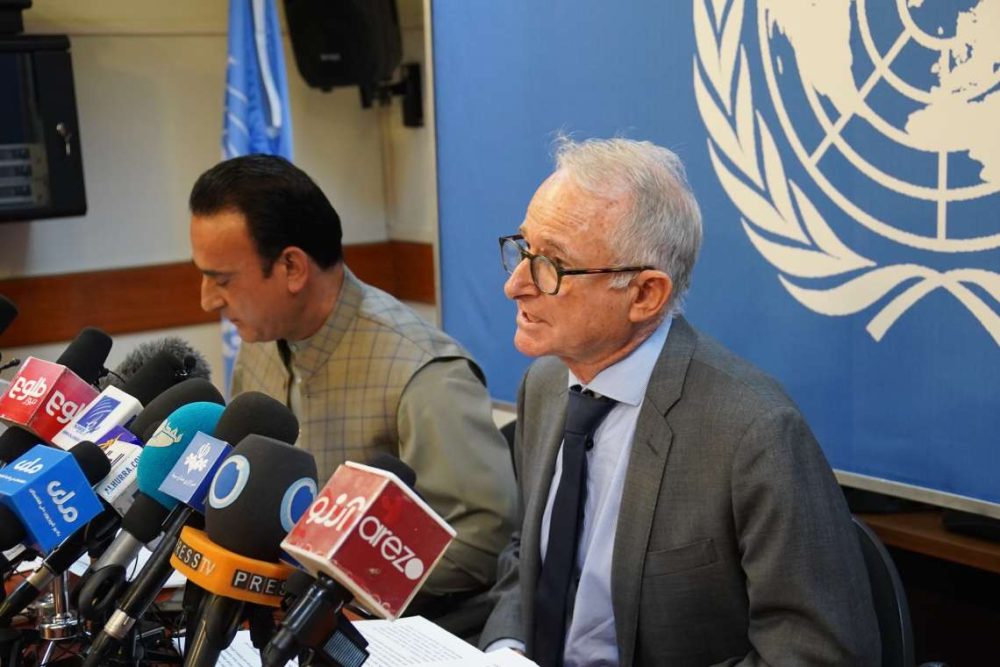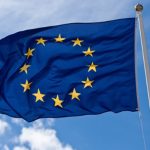At the core of the present controversy lies the ECT’s obscure system of private arbitration…reports Asian Lite News
The European Union’s attempt to reform the controversial Energy Charter Treaty has fallen apart after four EU countries abstained in a key vote, effectively blocking the whole process.
Signed in 1994, the Energy Charter Treaty (ECT) promotes cross-border cooperation in the energy sector and protects investors from unexpected circumstances that might impact their profit expectations.
With 53 signatories, it is considered the most litigated investment agreement in the world.
Germany, France, Spain and the Netherlands, who previously announced plans to withdraw from the ECT altogether, chose to abstain during an ambassadors meeting on Friday, fearing the treaty would curtail their climate ambitions, an EU diplomat said.
The move prevented the European Commission from obtaining the necessary mandate to lead the negotiations on behalf of all 27 member states.
As a result, the Commission asked the Energy Charter Conference, the treaty’s governing body, to remove the proposed reform from the agenda of a high-level meeting scheduled to take place on Tuesday in Mongolia.
“On next steps, we will need to discuss with member states, but at this stage, we will not speculate on what will happen,” a Commission spokesperson said on Monday.
At the core of the present controversy lies the ECT’s obscure system of private arbitration.
This allows investors and companies to sue governments and claim compensation over policy changes, such as net-zero goals, that threaten their business ventures and revenues.
As of today, parties that withdraw from the ECT are vulnerable to litigation for 20 years.
Critics say this provision provides disproportionate protection for fossil fuels at a critical time when they need to be phased out to fight the climate crisis.
The value of fossil fuel infrastructure in the EU, the UK and Switzerland covered by the treaty is estimated to be worth €344.6 billion, according to the magazine Investigate Europe.
In a bid to align the treaty with the EU’s green agenda, the European Commission proposed a reformed text that would have reduced the contentious sunset clause to 10 years for old investments and only nine months for new energy projects.
The executive had emphatically defended the reform, arguing member states were better off inside a modernised ECT rather than outside.
But this was not enough to convince the sceptics.
In fact, the four countries who abstained on Friday are not alone: Poland, Luxembourg, Belgium and Austria are contemplating an exit from the decades-old treaty.
Given the ECT’s increasingly negative perception, it is unclear when, how or even if the reform process would be re-launched. A Commission spokesperson refused to provide any estimated timeline.
A senior EU diplomat said “more time” was needed for member states to design a common position.
“I would suggest a deeper reflection on the future and the process ahead,” the diplomat said.
ALSO READ-‘UK must wean itself off migrant labour’


